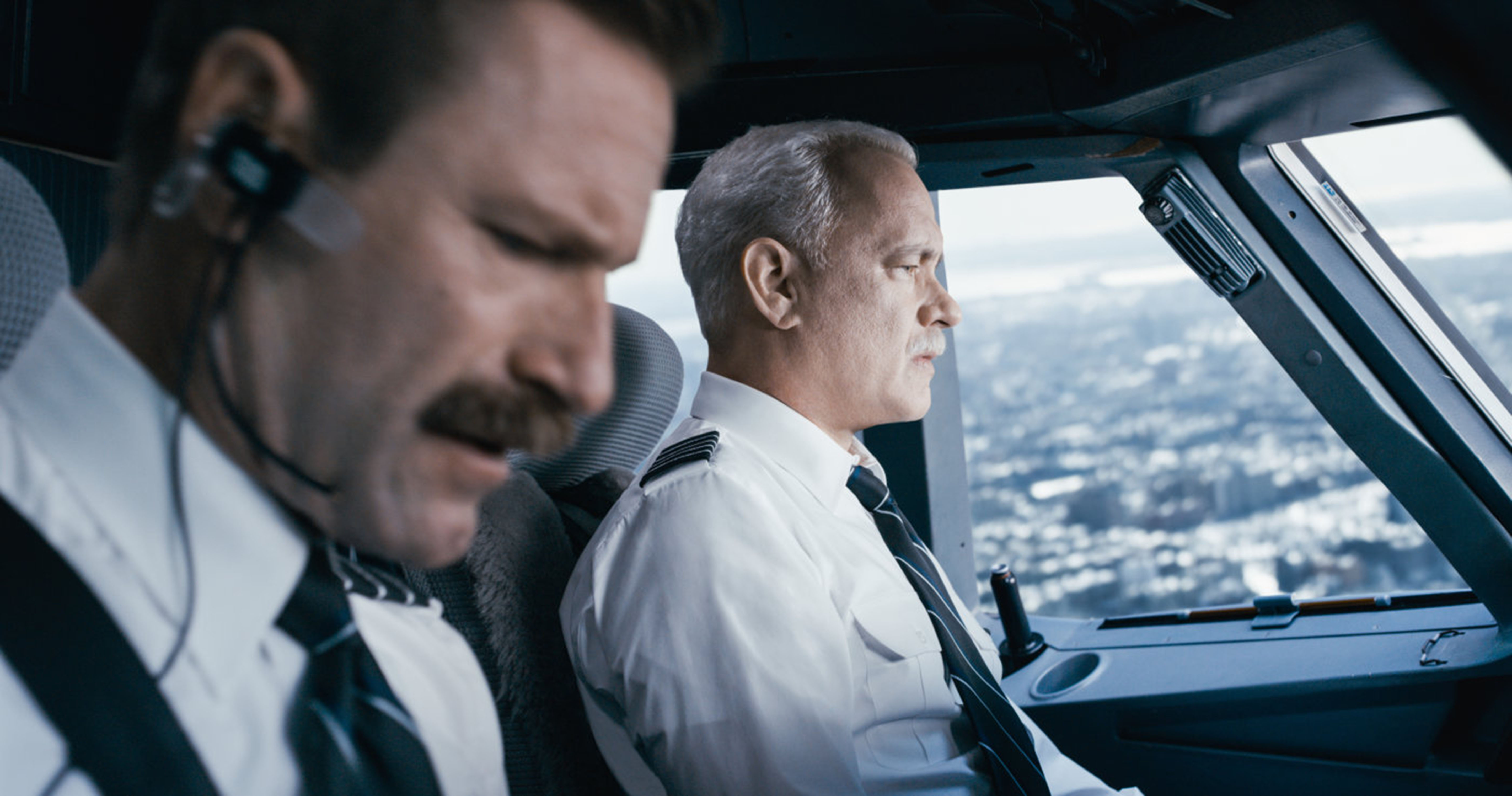Matthew Syed on the importance of learning from our mistakes
The author of Black Box Thinking talks success, failure and the courage of Captain Sully

A free daily email with the biggest news stories of the day – and the best features from TheWeek.com
You are now subscribed
Your newsletter sign-up was successful
Chesley Sullenberger is a hero to millions. I interviewed him following the release of the film about the incident that brought him to stardom: the flight of US Airways 1549. The movie, Sully, is directed by Clint Eastwood and stars Tom Hanks.
Sullenberger's heroism consists, essentially, of two aspects. First, he was the man in the cockpit of an Airbus A320 when a bird strike knocked out the engines shortly after take-off from LaGuardia Airport, leaving the multitonne plane without thrust thousands of feet above New York City.
How Sully and Jeffrey Skiles, his co-pilot, reacted to that threat – thinking calmly under pressure, interacting seamlessly as they brought the plane down to land safely on the Hudson River – is considered a model within the industry. Sully also demonstrated a tremendous sense of duty after the splashdown, walking the cabin twice to ensure all passengers had evacuated.
The Week
Escape your echo chamber. Get the facts behind the news, plus analysis from multiple perspectives.

Sign up for The Week's Free Newsletters
From our morning news briefing to a weekly Good News Newsletter, get the best of The Week delivered directly to your inbox.
From our morning news briefing to a weekly Good News Newsletter, get the best of The Week delivered directly to your inbox.
But as we chatted, Sully – a self-evidently modest and decent man – didn't want to take credit himself. Instead, he cited the high-performance culture of the aviation industry, where every near-miss is painstakingly analysed so lessons can be learned and after every crash, the black boxes are deconstructed so reforms can be made to ensure the same mistake never happens again. Indeed, within minutes of the landing on the Hudson, investigators were figuring out whether engine design could be improved to cope more effectively with bird impact, whether checklists should be expanded in emergency situations and whether simulators should incorporate training for splashdowns. Aviation, in that sense, is agile, adapting and innovating in the light of experience.
Sully contrasted this approach with that of medicine, where fear of litigation often means that instead of learning from mistakes, clinicians conceal their errors. This, in turn, means the procedures and training methods are not reformed, so the same mistakes happen again. This helps to explain why preventable medical error is such a big killer. In the US alone, 400,000 people die every year due to avoidable error in hospitals – the equivalent of two jumbo jets crashing every day.
This analysis tallies with my book Black Box Thinking, which argues that successful organisations do not deny or evade their failures and weaknesses but actively interrogate them. This is not just true of aviation, but Google, Amazon, Pixar, Mercedes F1 and Team Sky. By having the intellectual honesty to see where they are going wrong, they are able to constantly improve and adapt.
In other words, success requires a healthy and empowering attitude to failure.
A free daily email with the biggest news stories of the day – and the best features from TheWeek.com
[[{"type":"media","view_mode":"content_original","fid":"104368","attributes":{"class":"media-image"}}]]
MATTHEW SYED is the author of Black Box Thinking: Marginal Gains and the Secrets of High Performance. Sully is in UK cinemas now.
-
 How to Get to Heaven from Belfast: a ‘highly entertaining ride’
How to Get to Heaven from Belfast: a ‘highly entertaining ride’The Week Recommends Mystery-comedy from the creator of Derry Girls should be ‘your new binge-watch’
-
 The 8 best TV shows of the 1960s
The 8 best TV shows of the 1960sThe standout shows of this decade take viewers from outer space to the Wild West
-
 Microdramas are booming
Microdramas are boomingUnder the radar Scroll to watch a whole movie